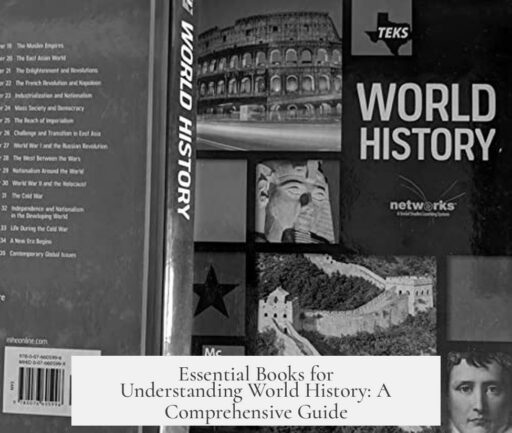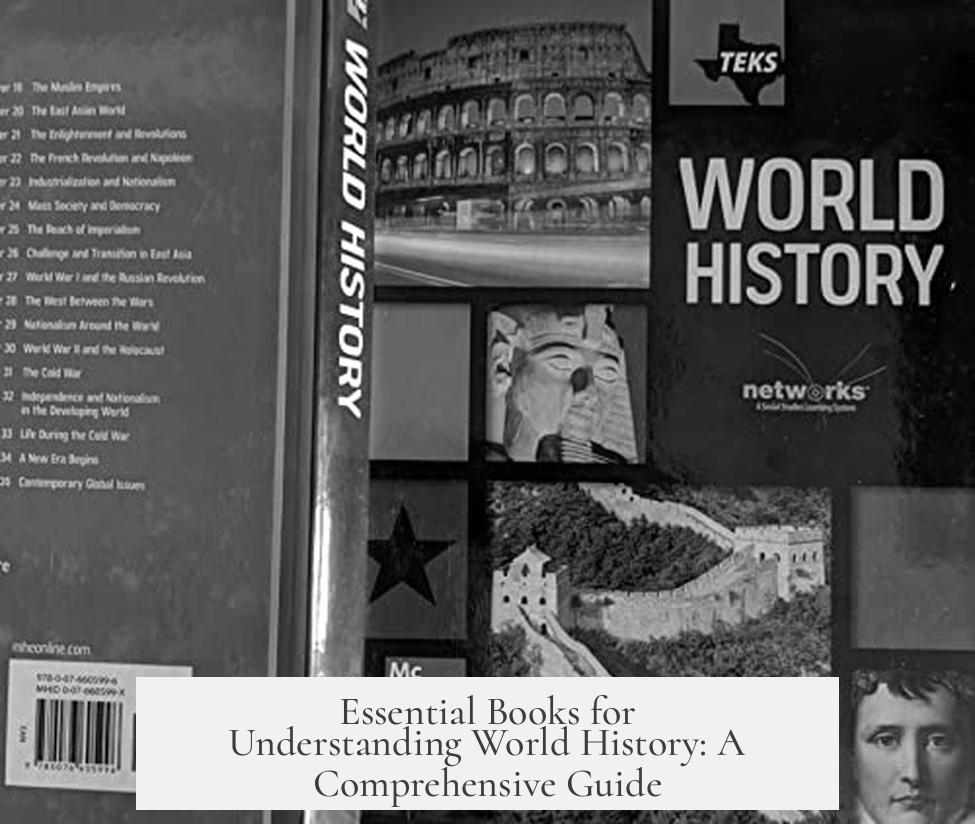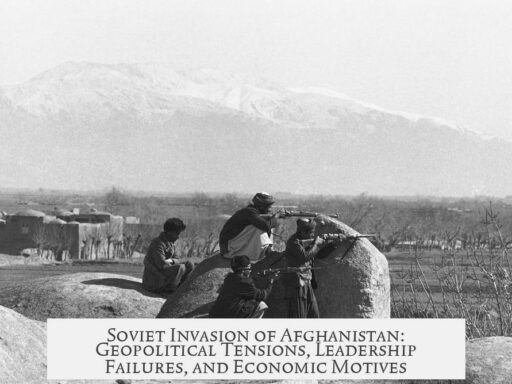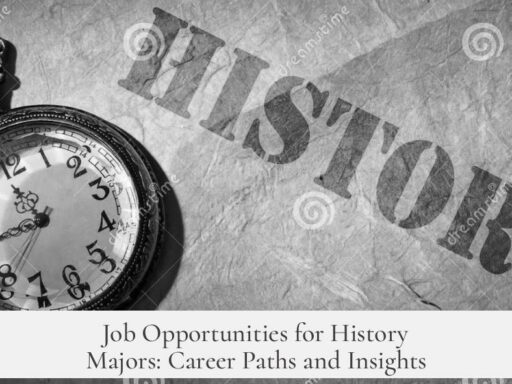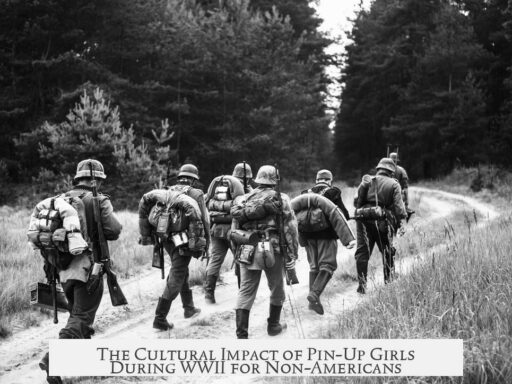For a comprehensive understanding of world history, the recommended book is The Penguin History of the World by J. M. Roberts and Odd Arne Westad. This single-volume history book offers a detailed and balanced survey of global history. It covers all continents and major civilizations with scholarly depth and accessibility, making it an excellent starting point for anyone seeking a complete overview of world history.
This book stands out for its breadth and readability. It spans from prehistoric times to the modern era, integrating political, cultural, and economic history. Its careful structure allows readers to understand how different regions influenced each other over time. While some other books focus more on Western history or specific themes, The Penguin History of the World provides a global narrative.
Other notable books complement this broad approach:
- The Story of Civilization by Will and Ariel Durant – A multi-volume series that covers world civilization in detail, though it dates from the mid-20th century. The first volumes remain valuable for an introduction.
- Why the West Rules—For Now by Ian Morris – This book focuses on the structural factors influencing global power shifts over millennia, combining archeology and history.
- Guns, Germs, and Steel by Jared Diamond – Explores how geographical and environmental factors shaped world civilizations and power dynamics.
- Sapiens: A Brief History of Humankind by Yuval Noah Harari – Offers a concise and engaging synthesis of human history focusing on social and cognitive developments.
- A Little History of the World by E. H. Gombrich – A brief and accessible narrative intended for younger readers or beginners.
For readers who seek more structured academic coverage, a quality history textbook can be highly effective. For instance, The World and Its Peoples by Richard Billiet balances Western and non-Western histories, especially covering China with clarity. It serves well as an educational companion.
Additional general history overviews include:
- A History of Knowledge by Charles van Doren – Chronicles major milestones in human learning and thought throughout history.
- The Discoverers by Daniel Boorstin – The first part of a trilogy focusing on human exploration and discovery.
- History of the World – Map by Map – A visual approach to global history, mapping territorial changes from 3000 BC to modern times.
Alternative ways to approach learning world history include focusing on significant regions or periods. For example:
- The Rise and Fall of the Great Powers by Paul Kennedy gives detailed insight into global power dynamics over the past 500 years.
- The Silk Roads by Peter Frankopan highlights the importance of Asian trade routes and civilizations often overlooked in Western narratives.
Biographies of key world figures offer another useful entry point. They provide a human-centered narrative that contextualizes historical events through individuals’ lives. This approach helps readers remember history better by connecting it to relatable stories.
Readers interested in diverse formats can consider audiovisual materials. For example, Jared Diamond’s book corresponds with a documentary that enhances understanding with visual storytelling. Audiobooks such as Bill Bryson’s A Short History of Nearly Everything offer entertaining, well-narrated introductions to historical and scientific developments.
For broad reading lists and extra resources, the r/History recommended list offers a curated guide including books, documentaries, and podcasts covering global history topics. The Sacred Texts Archive provides digital access to ancient texts that illuminate earlier historical periods. These resources can deepen understanding and expand perspectives.
Critical reading is essential. Many popular histories, while insightful, may reflect certain biases or interpretations. Confirm facts using multiple sources like Wikipedia and academic research. This habit strengthens comprehension of the complex and evolving nature of world history.
| Book | Focus | Recommended For |
|---|---|---|
| The Penguin History of the World | Comprehensive global survey from ancient to modern times | Main overview for serious learners |
| The Story of Civilization | Multi-volume detailed history of world civilization | Readers preferring detailed narratives |
| Guns, Germs, & Steel | Environmental and geographical factors shaping history | Understanding global power and development |
| Sapiens | Human history with social and cognitive focus | Concise and engaging synthesis |
| Rise and Fall of the Great Powers | Power dynamics and hegemony in the last 500 years | Modern geopolitical history |
- Start with The Penguin History of the World for a full global overview.
- Complement your knowledge with specialized books like Guns, Germs, & Steel and Sapiens.
- Use biographies and focused studies for more personal and detailed perspectives.
- Explore additional materials such as documentaries, audiobooks, and curated reading lists.
- Apply critical reading and fact-checking to understand complex historical narratives.
Book Recommendation for Learning About the Entire World History? Your Ultimate Guide
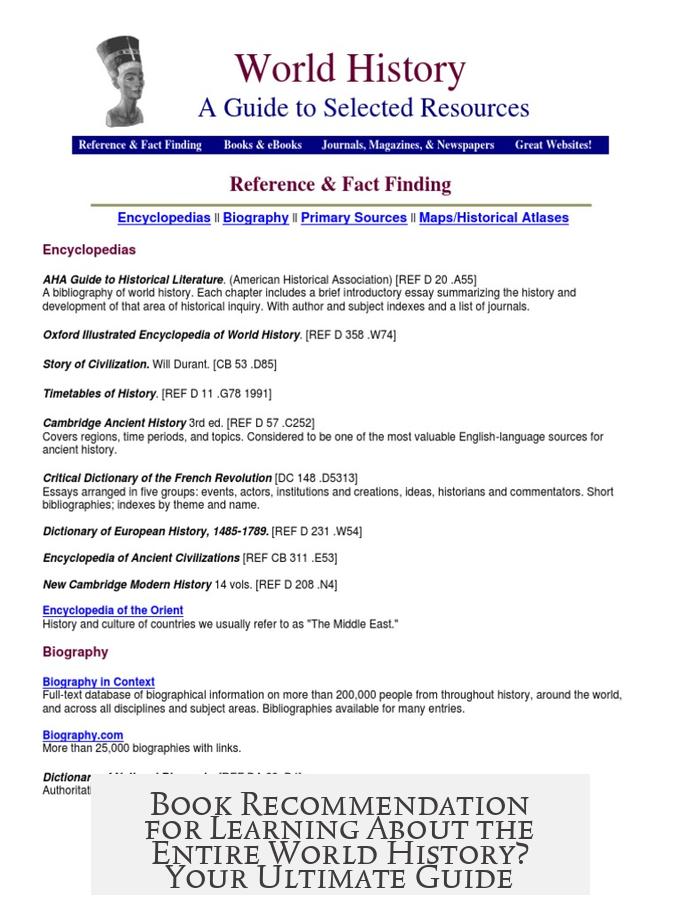
Wondering where to start on the colossal journey through entire world history? There’s no one-size-fits-all answer, but selecting the right book or series can transform a daunting task into a fascinating adventure. Let’s unravel which books serve as gateways to our global past, and why some choices stand out.
Diving into world history is like eating a giant history cake. You can start with one slice, savoring specific eras and regions, or gobble up the entire cake in one swallow—with risk of indigestion!
Starting Big: General World History Overviews That Work
For a comprehensive picture, some books stand tall as classic overviews. Take The Story of Civilization by Will and Ariel Durant. Though somewhat dated, its first two volumes provide a solid foundation, walking you through civilizations with narrative flair. If you want something fresh and lively, try A Short History of Nearly Everything by Bill Bryson. It’s a whirlwind tour through science and history, narrated by Bryson himself in the audiobook—kind of like history with a comedian’s touch.
Prefer a single, authoritative volume? The Penguin History of the World by J. M. Roberts and Odd Arne Westad often earns praise as “the best single volume history of the world.” It balances breadth and readability beautifully—no small feat.
Jared Diamond’s Guns, Germs, & Steel offers a thematic approach, exploring why some societies dominated others. Bonus: a companion documentary exists if you’d rather watch than read.
Diving Deeper: Thematic and Region-Focused Insights
If broad strokes bore you, consider books that zoom in on key themes or regions. Ever heard of Why the West Rules—For Now? It analyzes Western dominance up till the 21st century. Paul Kennedy’s Rise and Fall of the Great Powers walks you through the past 500 years, showing how empires wax and wane. Intriguing if you want to grasp why global power shuffle happens.
For a refreshing look East, The Silk Roads by Peter Frankopan challenges Western-centric narratives. It uncovers how Asian trade routes and cultures played central roles in global history—something often sidelined.
Alternative Path: Biographies and Human Stories
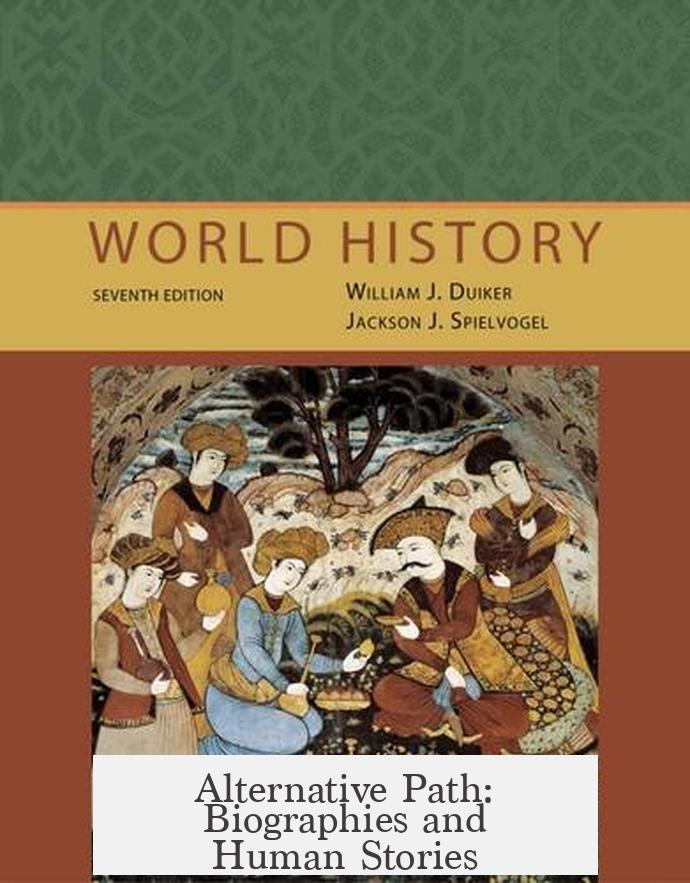
Surveys can be dry. Feeling that already? Consider biographies as an alternative. They humanize history and make events more memorable. By following the life of a single figure, you gain insights into the wider world around them.
For example, learning about Cleopatra isn’t just about a queen; it leads you deep into Roman Egypt, the politics of ancient empires, and cultural exchanges.
Textbooks and Series for the Dedicated Learner
Sometimes, a good textbook is just the ticket. One excellent example is The World and Its Peoples by Richard Billiet. It’s accessible, covers non-Western civilizations—especially China—and serves as a solid entry point for AP World History students. Older editions are easy to find online and affordable.
Similarly, Susan Wise Bauer’s three-book series on world history offers a chronological spanning from earliest civilizations to Constantinople’s fall. Good for those who want depth alongside readability.
Surprising Gems and Unique Angles
A History of Knowledge by Charles van Doren bridges history with intellectual achievements. Fun fact: van Doren was part of a 1950s game show cheating scandal, yet he penned a top-notch book. Talks about redemption through education!
Meanwhile, Daniel Boorstin’s trilogy—starting with The Discoverers—explores history through the lens of exploration and innovation, giving you a different way to appreciate human progress.
Currently, History of the World – Map by Map is making waves for its visual storytelling, covering 3000 BC to modern times. Perfect if you’re someone who loves maps as historical narratives unfold.
Practical Tips for Navigating World History Books
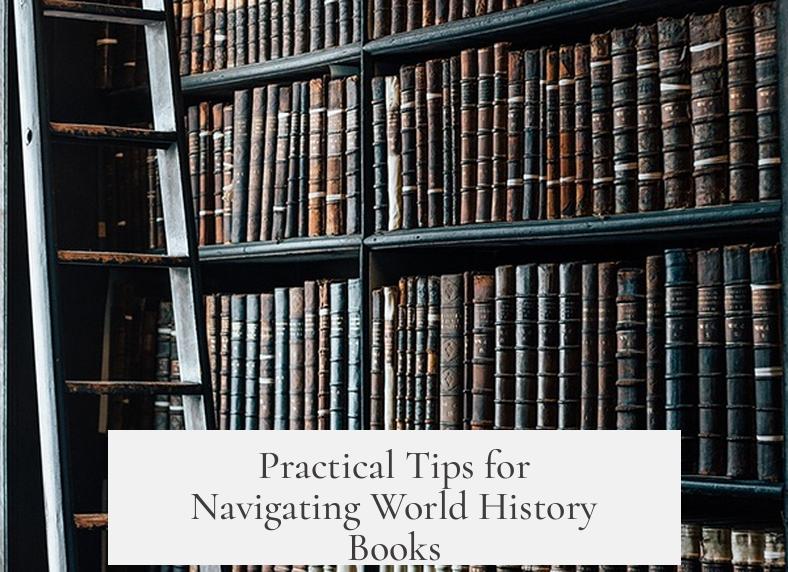
- Mix and Match: Don’t stick to a single source. Combine broad surveys with focused biographies or thematic studies.
- Use Audiobooks: Like Bill Bryson’s works narrated by himself. This helps when you’re commuting or multitasking.
- Engage in Critical Thinking: Keep your brain active. Skeptical reading and fact-checking (yes, with Wikipedia open) sharpen understanding and keep you far ahead of casual readers.
- Leverage Online Resources: Explore curated lists like the r/History recommended reading list. It’s packed with extensive book, documentary, and podcast options tailored for various interests and depths.
- Explore Alternative Resources: The Sacred Texts Archive is great for dipping into the ancient knowledge humanity still treasures.
Why Learning World History Matters
Understanding world history isn’t just about dates and facts. It’s about grasping how societies interact, compete, and evolve. It’s about seeing today’s global landscape with fresh eyes—why cultures clash or cooperate, and how innovations and ideas spread. The right books can truly open that lens.
Ready to start? Why not pick one recommendation and let the past come alive page by page? Or take a biographical path and meet history’s characters face to face. Either way, you’re signing up for a thrilling intellectual ride.
Final Thought: Can One Book Capture Everything?
Is it possible to learn the entire world’s history from a single book? Probably not. History is vast, full of nuance, and forever accumulating new findings. But the books shared here can build a strong, enjoyable foundation.
So, why just read history when you can experience it? Grab a book that excites you and join the ages-old conversation that connects us all.
Which book is best for a comprehensive overview of world history in a single volume?
The Penguin History of the World by J. M. Roberts and Odd Arne Westad is widely regarded as a solid single-volume history of the world. It covers a broad range of eras and regions in detail.
Are there any books that explain world history through the lens of geography and global power?
Why the West Rules—For Now by Ian Morris explores the patterns of power shifts across continents and time. Also, Paul Kennedy’s Rise and Fall of the Great Powers provides insight into the last 500 years of global power dynamics.
Which books are good for beginners who want an accessible introduction to world history?
A Little History of the World by E.H. Gombrich offers an easy-to-read narrative. Bill Bryson’s A Short History of Nearly Everything also gives a broad, engaging overview from a scientific and historical view.
Is it better to read world history overviews or focus on biographies?
Many suggest biographies of key historical figures because they provide human context and make events easier to remember. Overviews can be too broad and lose the personal element that brings history alive.
Where can I find curated recommendations for history books and documentaries?
The r/History subreddit has an extensive reading list covering books, documentaries, and podcasts that span many historical subjects and regions.
